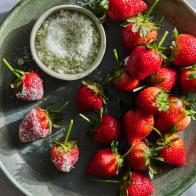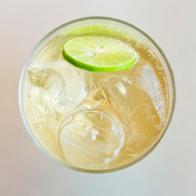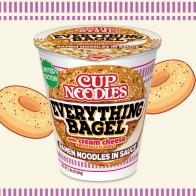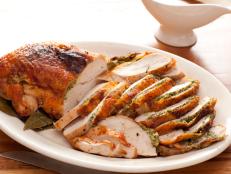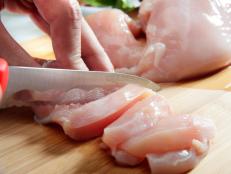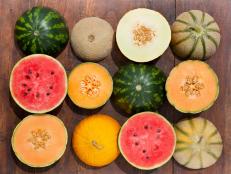Food Safety at the Farmers’ Market
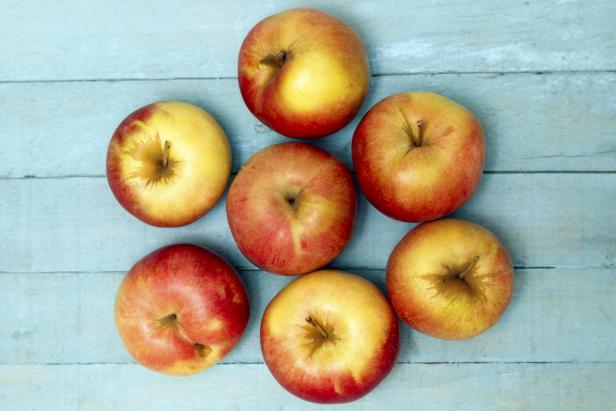
Farmers’ markets are the prime destination for fresh and local food, but they’re not immune to germs and bacteria. Farmers work hard to comply with state and federal food safety standards but patrons also have to keep their eyes peeled (and their produce washed). Use our tips to help avoid food safety pitfalls.
Whether it’s organically grown or not, produce needs to be washed well. It’s a good thing that farmers’ market produce isn’t waxed like much of what you’ll find in the grocery store, but these local goodies are often covered with dirt. Rinse delicate items like berries, herbs and lettuces well just before use; rinsing them before storing them can cause them to get moldy or mushy. Sturdy produce like carrots, apples and potatoes can handle a good scrub. Thick-skinned foods like melons should be washed before you slice into them.
Some vendors turn their produce into drinks like apple cider. Look for pasteurized beverages, especially if you’re pregnant, elderly or serving them to young children.
Eggs and dairy (yogurt, cheese and milk) at the grocery store is almost always pasteurized, this isn’t always the case at the farmers’ market. Read labels carefully and if in doubt, ASK! Raw milk products and unpasteurized eggs are appealing to some folks but also carry a higher risk of food-borne illness from salmonella and listeria. Also, be sure that all dairy products are stored at the proper temperature – in refrigeration or on ice, especially on hot days.
Fresh and frozen meats, meat products (such as bacon and sausage) and even seafood are popular farmers’ market finds. Use a specially designated shopping bag to avoid cross contamination and bring along an ice pack to keep everything cold on the ride home.
It’s become very popular for venders to give away tastes of their goods, especially prepared foods and specialty items. Baked goods, pesto and tomato sauce, jams and jellies, cheese, granola, yogurt, pickles, hummus, soups and grain salads are just a few of things you might come across. Bring along your own napkins (vendors never seem to have enough). Make sure perishable foods are kept on ice and have proper serving utensils before you sample them. Most importantly, beware of double dippers!
Dana Angelo White, MS, RD, ATC, is a registered dietitian, certified athletic trainer and owner of Dana White Nutrition, Inc., which specializes in culinary and sports nutrition. See Dana's full bio »


